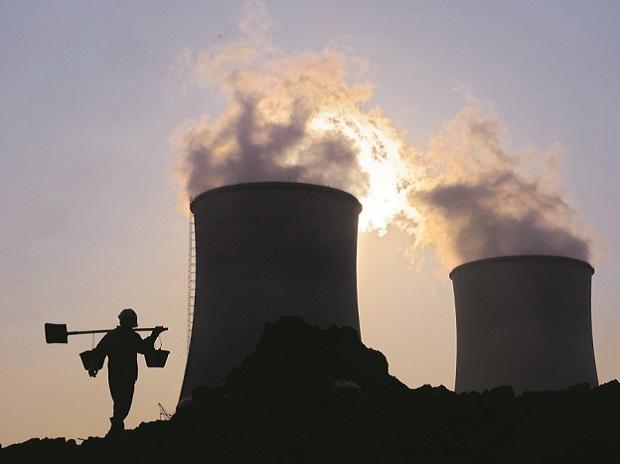
Multilateral lending agencies, like the World Bank and the International Monetary Fund (IMF), estimate that the coronavirus will have a long-term impact on global economic growth.
The Asian Development Bank (ADB) estimates that the world's gross domestic product (GDP) could reduce by 0.1%-0.4%, noting that financial losses could range from $77 billion to $347 billion. Growth in China could reduce by 0.3% to 1.7% and in developing Asia, excluding China, by 0.2% to 0.5%, the ADB said in an analysis outlining best- and worst-case scenarios.
The Organisation for Economic Cooperation and Development (OECD), the influential think tank, reckons this year world economy may grow at its slowest rate since 2009 because of the coronavirus.
The OECD has forecast a 2.4% growth for the world economy in 2020, down from 2.9% in November. A longer "more intensive" outbreak could halve growth to 1.5%, it said.
The IMF has promised $50 billion and World Bank $12 billion to fight the disease and its impact.
India: risks a lot, gains some
India's economy hasn't caught the bug but if the coronavirus crisis persists worldwide its plans to revive growth could be disturbed.
India's gross domestic product (GDP) growth fell to an unprecedented 27-quarter low of 4.7% in the quarter ended December 2019 (with the previous quarter’s growth having been corrected) due to contraction in investment and manufacturing output for two successive quarters. GDP growth is set to stagnate at 4.7% in the March quarter (Q4) too, according to the annual estimate by the National Statistical Office (NSO).
According to the United Nations Conference on Trade and Development (UNCTAD), India could lose $348 million in trade because of the coronavirus. India figures among UNCTAD's top 15 economies most affected by the slowdown in manufacturing in China.
India's chemicals sector could lose $129 million, textiles and apparel $64 million, automotive $34 million, metals and metal products $27 million--to list just some businesses.
